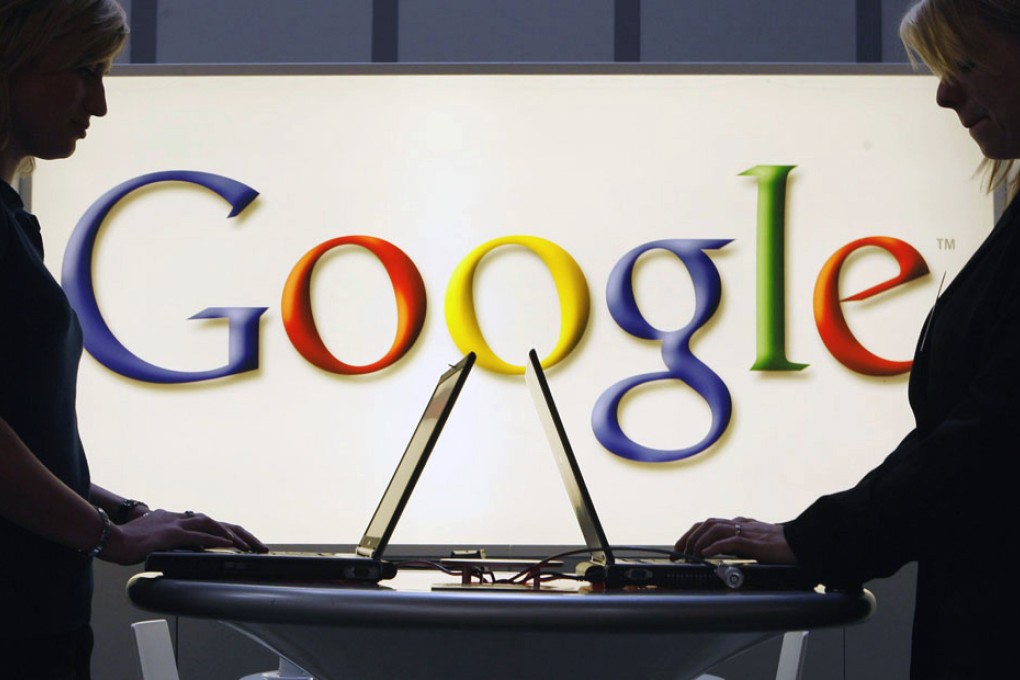Hong Kong tycoon can sue Google over 'autocomplete' search suggestions, court rules
Albert Yeung allowed by High Court to bring defamation case over search engine giant's autocomplete function linking him to triads

A High Court judge's ruling that entertainment tycoon Albert Yeung Sau-shing can go ahead with his defamation lawsuit against Google is a decision that could have far-reaching consequences for the future of its search engine.
Yeung, founder of a company that manages some of Hong Kong's most famous celebrities, wants to sue the US technology giant because the "autocomplete" function of its search engine links him to triad gangs.
When users type "Albert Yeung Sau-shing" in English or Chinese into the search engine, Google automatically suggests related search terms such as "triad", "Sun Yee On" and "14K" - the names of triad gangs.
Yeung wants a court to order Google to remove the "defamatory" suggestions and to pay him compensation.
Google argues the suggestions are generated by a computer algorithm or process based on the most frequent combinations of terms that people search for.